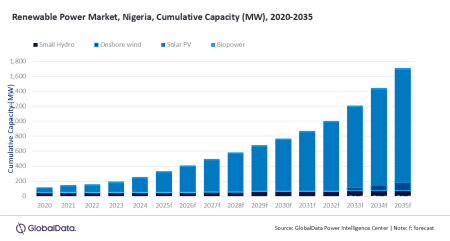
Mkpoikana Udoma
Port Harcourt — As the dreaded coronavirus pandemic continues to ravage countries around the world, Nigeria’s 2020 budget has continuously been under heavy threat as a result of the plummeting crude oil prices, orchestrated by the virus.
Before COVID-19 became a pandemic, oil prices was fluctuating between $70 and $50 per barrel, as a result of the politico-economic war between the United States, Russia and Saudi Arabia.
Currently, OPEC’s benchmark is $24 per barrel, whereas Nigeria had predicated her 2020 national budget at $60 per barrel, which was recently cut down to $30 and most recently, reviewed to $20 per barrel.
Crude oil is the mainstay of Nigeria’s economy, hence, Nigeria may just be heading towards another recession, as experts have warned that Nigeria may be heading towards Venezuela’s direction, as a result of her economic populism.
Speaking on the development, a University Don and Professor of Energy Economics, Prof. Wumi Iledare, warned that economic populism is dangerous when resources are thin and not use effectively.
The Academician explained that the oil and gas sector is the glue that keeps Nigeria project together, therefore, a failure of the oil sector post-COVID-19 must be averted, as Venezuela offers a perfect lesson.
Iledare said to avoid post-COVID-19 crisis in the oil sector, the deregulation of Nigeria’s downstream sector must be backed by amendment of the Petroleum Act in the National Assembly, as well as total overhaul of agencies in the Federal Ministry of Petroleum Resources.
He advocated for the dissolution of the Petroleum Product Pricing Regulatory Authority, PPPRA and the Petroleum Equalization Fund, PEF, and the Petroleum Technology Development Fund, PTDF, as their existence was not only inimical liberalisation of the downstream sector, but also a burden.
“Going forward to avoid post-coronavirus crisis, an optimal strategy begins now with regulatory dissolution of petroleum pricing authority. Deregulation cannot just be by an executive presidential order or ministerial newspaper pronouncements.
“It must be supported by the National Assembly amendment of Petroleum Act and/or perhaps a total dissolution of the Petroleum Product Pricing Regulatory Act and Petroleum Equalization Fund, to send a signal that the end to subsidy era is gone. The existence of PEF and PPPRA is antithetic to downstream liberalisation and deregulation.
“Next to PPPRA, PEF is also Petroleum Technology Development Fund, PTDF,. They constitute administrative overburden to the petroleum sector. When last did you see an advert for employment into these agencies? Yet, employees are hired, even if temporary hired. Why?
“The reason is obvious, juicy agencies with no significant value added to the economy. Yet, the compensations in these agencies of the Ministry of Petroleum are significantly higher than those of the staff of the Ministry and are comparable to NNPC structure? Prebendaries at work!”
Prof. Iledare also advocated that the Nigerian Energy Commission, as well as the National Planning Commission must be made to function independently, and not under the apron-string of any ministry.
He said President Buhari needs to use more competent hands irrespective of political persuasions or personal allegiances, now than before. As well as competent petroleum and economic advisors devoid of politics.
“Next is putting Energy Commission out of the Ministry of Science and Technology. It does not belong there and it needs Commissioners like Nigerian Electricity Regulatory Commission, NERC. And I mean service oriented professional commissioners appointed to serve and not be served with Nigeria thin resources.
“I have not seen a country where public servants tend to forget they are hired to serve and not to be served like Nigeria. And I have been privileged to travel the world.
“Next is the National Planning Commission. It does not belong to any ministry in my opinion. It is supposed to coordinate the planning division of every ministry headed by the Vice President as chairman.
“It is supposed to have Commissioners in charge of each macro-economic sectors. There is a planning Commission Act and to the best of my knowledge it has not been dissolved by NASS. The planning commission is to be independent of the Ministry of Finance if the VP is to head it. Otherwise dissolve the Act.”



